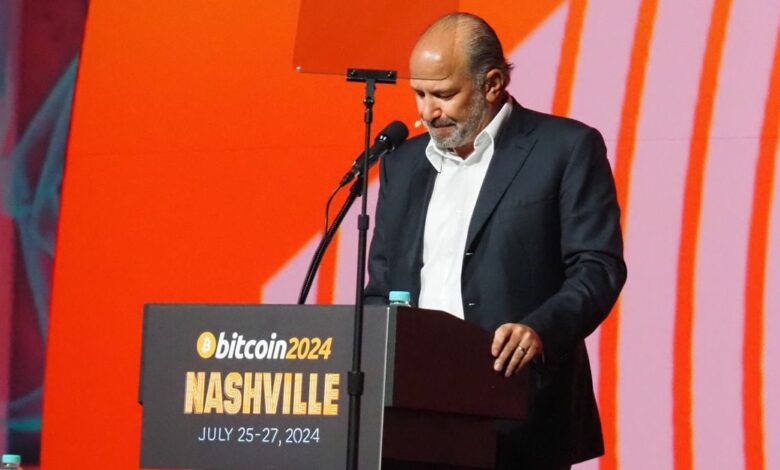
Cantor Fitzgerald, a financial services firm, faced a devastating loss on September 11, 2001, when 658 of its employees were tragically killed, accounting for almost one-third of its global team. This tragedy forced the company to pivot from traditional methods of operation in the Treasury market to embrace electronic trading.
Before the events of 9/11, the Treasury market predominantly relied on human brokers who would call or visit clients to facilitate trades. However, Cantor Fitzgerald’s shift towards electronic trading marked a significant departure from the conventional way of conducting business.
Fast forward to today, and we see a similar shift happening on Wall Street with the rise of cryptocurrencies and blockchain technology. Financial institutions are increasingly turning to these innovative tools to disrupt outdated practices and revolutionize the way they do business and maintain records.
By embracing change and adapting to new technologies, Cantor Fitzgerald exemplifies resilience and innovation in the face of adversity. The company’s journey serves as a powerful reminder of the importance of staying agile and open to transformation in an ever-evolving market landscape.







